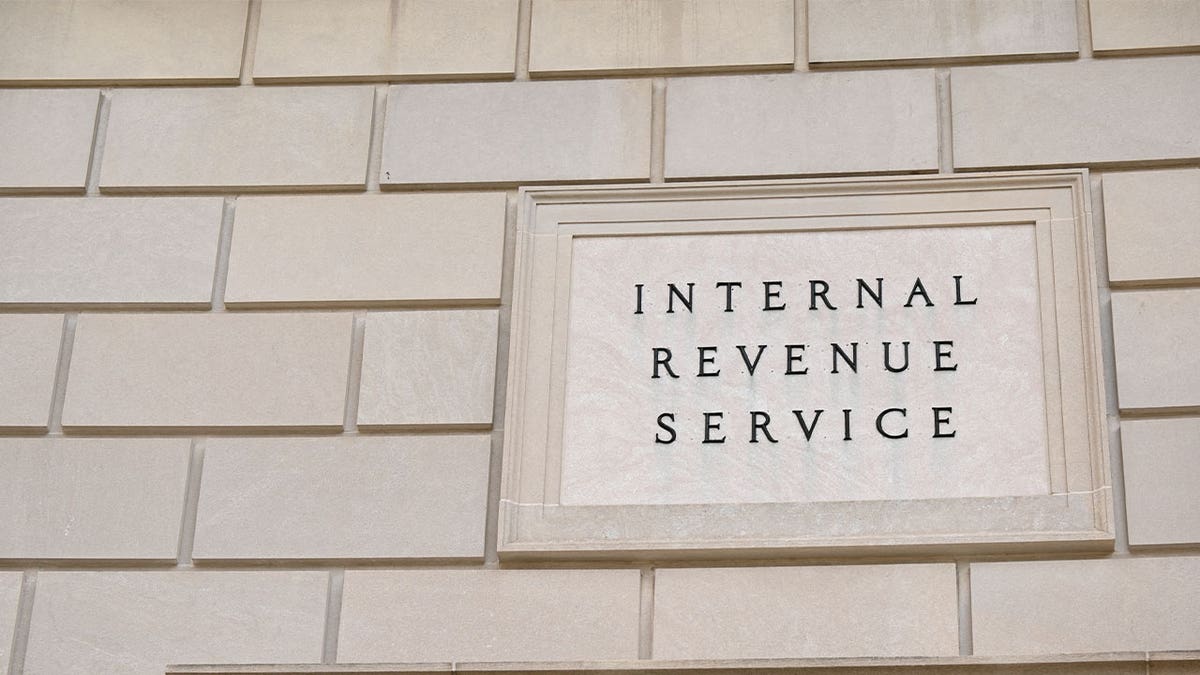'The View' host Sunny Hostin: I still believe in reparations!
'The View' host Sunny Hostin reiterated that she still believed in reparations after discovering that she was descendent from a slaveholder in colonial Spain.
Actor Terrence Howard reportedly said it is "immoral for the United States government to charge taxes to the descendants of slaves" after being ordered to pay nearly $1 million in back taxes.
According to a report from the Philadelphia Inquirer on Thursday, a federal judge in Philadelphia ordered the Academy Award-nominated actor to pay $903,115 in back taxes, penalties and interest.
"For more than a year, the 54-year-old star of the TV hit ‘Empire,’ whose last listed address was in Plymouth Meeting, rebuffed IRS efforts to collect $578,000 in income taxes it says he failed to pay between 2010 and 2019," the Inquirer reported.

Actor Terrence Howard reportedly said it is "immoral for the United States government to charge taxes to the descendants of slaves" after being ordered to pay nearly $1 million in back taxes. (AP Images)
The Inquirer reported the Justice Department sued Howard in 2022 and, after failed efforts to "engage Howard in court," the actor sent a voicemail to the phone of the case’s lead tax attorney in November 2023.
Per court filings, Howard reportedly "denied owing anything and threatened to shame her by posting the lawsuit against him on the internet."
"Four hundred years of forced labor and never receiving any compensation for it," the actor allegedly said in the voicemail. "Now you have the gall to try and prosecute and charge taxes to the descendants of a broken people that you are responsible for causing the breakage."
Howard went on further, slamming the government for taking him to court.
"In truth, the entire United States should, by default, become the property of the descendants of slaves," Howard said. "But since you do not have the ability [or] the courage to do it, let’s try this in court… We’re gonna bring you down."

Terrence Howard, known for the film "Hustle & Flow," reportedly never "formally responded to the lawsuit" and is facing a $903,115 default judgment per the request from government officials after failed efforts to reach the actor.
Howard, known for films like "Crash" and "Hustle & Flow," reportedly never "formally responded to the lawsuit" and is facing the default judgment per the request from government officials after failed efforts to reach the actor.
Howard's comments came amid calls for reparations across the country.
Some advocates of reparations who spoke with Fox News Digital have called for institutions and government officials to disseminate up to billions of dollars as a recourse for descendants of slaves due to unpaid labor during slavery in the U.S.
Furthermore, municipalities across the country have established task forces to examine U.S. historical ties to slavery, including Boston, San Francisco and New York.

Boston Mayor Michelle Wu on Jan. 24 announced a team of historians that will study the role slavery had on the city and the impact it has had on Black residents. (AP Photo/Mary Schwalm, File)
Evanston, Illinois, was the first city in the nation to pass a reparations plan, pledging $10 million over 10 years to Black residents.
The practice is even being considered at the federal level, with one lawmaker having sponsored a resolution that seeks to establish the U.S. has a "legal and moral obligation" to institute reparations.











































